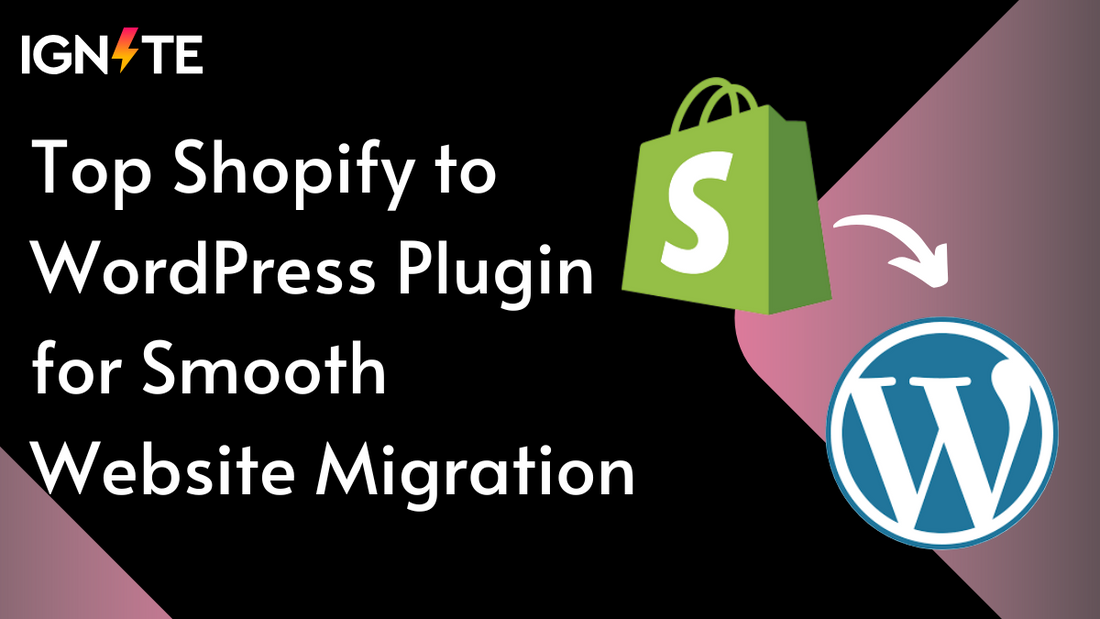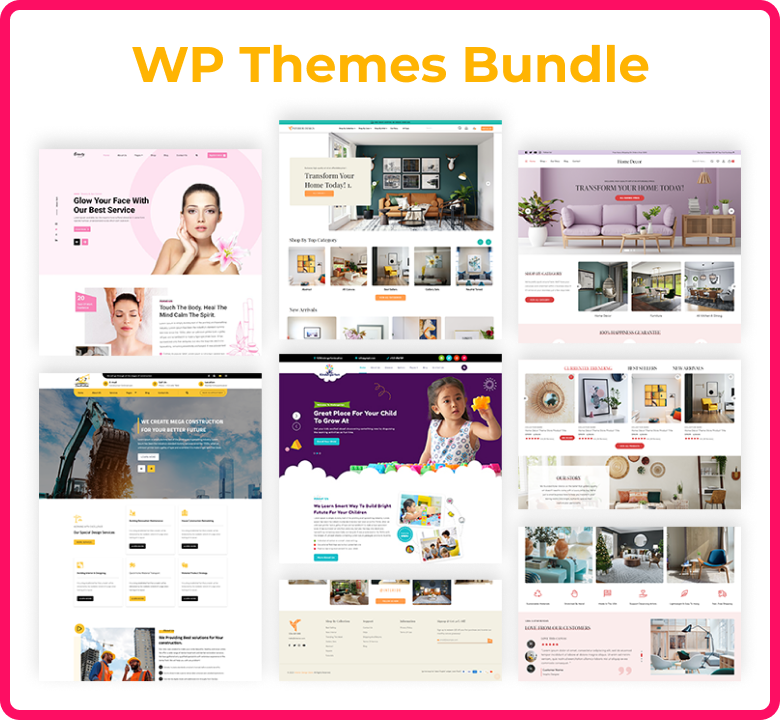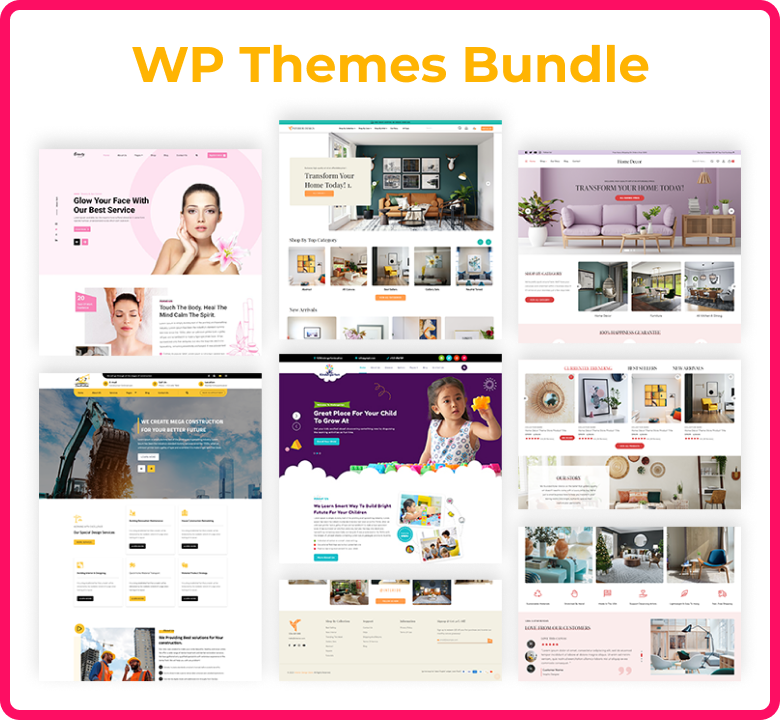Introduction
Although migrating your online store from Shopify to WordPress seems like a big step, it doesn't have to be difficult with the correct tools. Many business owners want more control and flexibility provided by WordPress and WooCommerce than Shopify's restrictions. Making the change is a wise one whether you’re seeking are better customizing, reduced expenses, or a self-hosted experience if done right.
That's where a Shopify to WordPress plugin finds application. These plugins help you move your products, customer data, orders, images, even SEO settings with minimum effort, so simplifying the migration process. Rather than beginning from nothing, you can quickly move your store without compromising valuable content or upsetting the customer experience.
Some users are also exploring WordPress to Shopify migration for different reasons, including liking Shopify's easy-to-use interface. Shopify to WooCommerce migration is however becoming more and more popular for people leaning toward open-source freedom and WooCommerce's adaptability.
At ThemeIgnite, we think that, particularly on moving platforms, the correct foundation makes a big difference. That’s why our WordPress themes are designed to work seamlessly with WooCommerce, so guaranteeing that your newly migrated store looks and runs flawlessly from first day.
What is a Shopify WordPress Plugin?
A Shopify to WordPress plugin is a specialized tool designed to help you migrate your online store from Shopify to WordPress specifically to WooCommerce, WordPress’s most popular eCommerce plugin. Instead of manually copying data, these plugins automate the process, transferring everything from product listings and categories to images, customer details, and even past orders.
Store owners who wish to migrate platforms without sacrificing time, data, or capability will find these plugins especially helpful. They help your online store remain structurally sound and lower the possibility of data mistakes resulting from hand transfers. The best part is Most of them call for either very little or no coding knowledge.
Some plugins also enable Shopify to WooCommerce migration, so making sure your store is completely integrated and ready to use once you have WordPress set up. Although there are also tools for migrating from WordPress to Shopify migration, our emphasis here is on guiding you toward WordPress, where you will have more control, design freedom, and financial restraint.
The correct plugin will enable your platform to switch quickly, safe, and seamless whether you are running a small online shop or growing a big company.
Why You Need a Shopify Plugin for WordPress?
Switching platforms is a big move and without the right tools, it can quickly turn into a time-consuming mess. That’s where a Shopify to WordPress plugin becomes essential. It handles all the technical heavy lifting for you, helping you move your store data without errors or downtime.
Manually transferring products, customer details, orders, and images can be a huge task. Even if you're tech-savvy, keeping everything organized and consistent across two platforms is risky and inefficient. A plugin ensures that your data remains intact, correctly formatted, and placed in the right sections of your new WordPress (or WooCommerce) site.
If you're planning a Shopify to WooCommerce migration, the right plugin will also handle important backend tasks like syncing SKU numbers, assigning product tags, and carrying over pricing details. Some plugins even help with redirecting old URLs to preserve SEO rankings after the switch.
Simply put, a plugin saves you time, reduces stress, and prevents costly mistakes. And once your store is up and running on WordPress, you can pair it with fast, responsive eCommerce themes from ThemeIgnite designed to help your new store look stunning and perform smoothly right from the start.
1. S2W – Import Shopify to WooCommerce

S2W by VillaTheme is a dedicated Shopify-to-WooCommerce migration plugin that streamlines the entire transfer process. It connects directly to your Shopify store using your API credentials and allows you to import up to thousands of products and customer records in a few clicks. Its standout strength is simplicity combined with power it handles data import swiftly while preserving product relationships, images, tags, and more.
Key Features:
-
Connects to Shopify via API (no CSV files).
-
Imports products, product variations, images, tags, and categories.
-
Transfers order history, customer data, and discount codes.
-
Keeps original URLs and SEO meta data intact.
-
Supports multi-language and multi-currency sites.
-
Real-time product sync between Shopify and WooCommerce.
Ideal Use Cases:
-
Full Shopify store migrations to WooCommerce.
-
Store owners with large inventories who want to avoid manual entry.
-
Agencies managing client eCommerce migrations.
Pros:
-
Full store migration in just a few clicks.
-
Maintains product structure, variations, and SEO data.
-
Reliable for both small and large stores.
-
Intuitive dashboard, no steep learning curve.
Cons:
-
Free version is too limited for real migrations.
-
Doesn’t migrate blog posts or theme elements.
-
Needs API credentials might confuse non-tech-savvy users.
2. WP Shopify

WP Shopify is more of a Shopify-WordPress connector than a migration plugin. It lets you display Shopify products inside WordPress using shortcodes and Gutenberg blocks while keeping the Shopify backend intact. This means inventory, checkout, and orders are still handled on Shopify but you get to leverage WordPress’s content flexibility and SEO power.
Key Features:
-
Syncs Shopify products into WordPress without duplicating inventory.
-
Uses Shopify Buy Button API for a seamless checkout experience.
-
Supports custom templates, Gutenberg blocks, and shortcodes.
-
Includes product filtering, collections, and variant options.
-
Enables partial SEO optimization on the WordPress side.
Ideal Use Cases:
-
Users who want WordPress for blogs and front-end content, but Shopify for transactions.
-
Non-tech users who want a hybrid approach.
-
Content-heavy stores like niche product blogs or influencers with shop pages.
Pros:
-
Combines WordPress’s flexibility with Shopify’s eCommerce backend.
-
Very easy to set up no migration required.
-
Maintains Shopify’s checkout, reducing cart abandonment.
Cons:
-
Not a full migration plugin your store still depends on Shopify.
-
Can be restrictive in terms of customization unless you upgrade.
-
SEO improvements are limited to WordPress-side content.
3. ShopWP

Previously known as WP Shopify Pro, ShopWP is a high-performance version of WP Shopify. It’s designed for users who need deeper customization, better SEO handling, and more control over how Shopify products display within WordPress. The plugin is also developer-friendly, offering template overrides, hooks, and advanced styling options.
Key Features:
-
Seamlessly displays Shopify products on any WordPress page.
-
Offers custom layouts, filters, and styling controls.
-
Integrates with page builders like Elementor and Gutenberg.
-
Automatic syncing of Shopify product changes.
-
Developer tools and REST API support.
Ideal Use Cases:
-
Developers or web designers working on custom eCommerce layouts.
-
Brands with heavy content focus but Shopify for sales backend.
-
Users who don’t want to fully migrate but want better design flexibility.
Pros:
-
Beautiful UI and customization features.
-
Easy-to-use for content creators and bloggers.
-
Fast performance even with large product catalogs.
Cons:
-
No actual data transfer to WooCommerce.
-
Advanced features are locked behind a premium license.
-
Requires some CSS/HTML if you want deep design tweaks.
4. Import Shopify To WP

As its name suggests, this plugin helps you import Shopify product data into WordPress. It’s built for ease of use, with a clean interface and minimal configuration required. Unlike some other plugins, it focuses solely on product data and doesn’t support orders, customers, or other elements.
Key Features:
-
Imports products and their details from Shopify to WordPress.
-
Supports bulk import of products with tags and categories.
-
Simple, intuitive interface with minimal setup.
-
Automatically downloads product images from Shopify.
Ideal Use Cases:
-
Stores focused only on moving product data.
-
Beginners or bloggers who want to sell a few items via WooCommerce.
-
Stores with lightweight Shopify catalogs.
Pros:
-
Very beginner-friendly and lightweight.
-
Perfect for product-only migrations.
-
Quick setup no coding or API needed.
Cons:
-
Doesn’t support full Shopify store migration (no orders/customers).
-
Limited to product-related data only.
-
May need additional plugins for SEO, orders, or checkout sync.
5. Tidio

Tidio isn’t a migration plugin, but it’s a must-have communication tool post-migration. If you're moving from Shopify to WordPress/WooCommerce, Tidio helps you keep customer engagement high with AI-powered chat, live messaging, and automation. It integrates smoothly with WooCommerce and can replicate Shopify's customer support feel, making the transition smoother for users.
Key Features:
-
Live chat, chatbot, and email integration in one tool.
-
Automated responses to common queries.
-
Real-time visitor tracking and behavior-based messages.
-
Integration with WooCommerce, Messenger, Instagram, and email platforms.
Ideal Use Cases:
-
Stores wanting a powerful customer support tool post-migration.
-
Businesses that previously relied on Shopify’s integrated chat.
-
eCommerce brands looking to boost sales with chat automation.
Pros:
-
Clean, modern UI with fast setup.
-
Improves conversions through prompt customer support.
-
Has a free plan for small businesses.
Cons:
-
Not a migration plugin (support tool only).
-
Some features locked behind higher-tier pricing.
-
Requires ongoing management and chatbot tuning.
Conclusion
Migrating from Shopify to WordPress is a big step but it’s one that opens doors to customization, cost-effectiveness, and full control over your online store. The plugins below have you covered whether your search is for a complete-on migration plugin or just tools to close the two platform gap.
There is something for every use scenario from S2W's clean Shopify import process to WP Shopify's flawless syncing and tools like Tidio that maintain the polished customer experience. Recall, though, that no plugin is universal. The best Shopify to WordPress plugin is the one that suits your unique business needs, tech comfort level, and growth plans.
Great themes need great tools, thus at Theme Ignite we are here to ensure your store looks as good as it performs following the change. Good luck with your migration!





